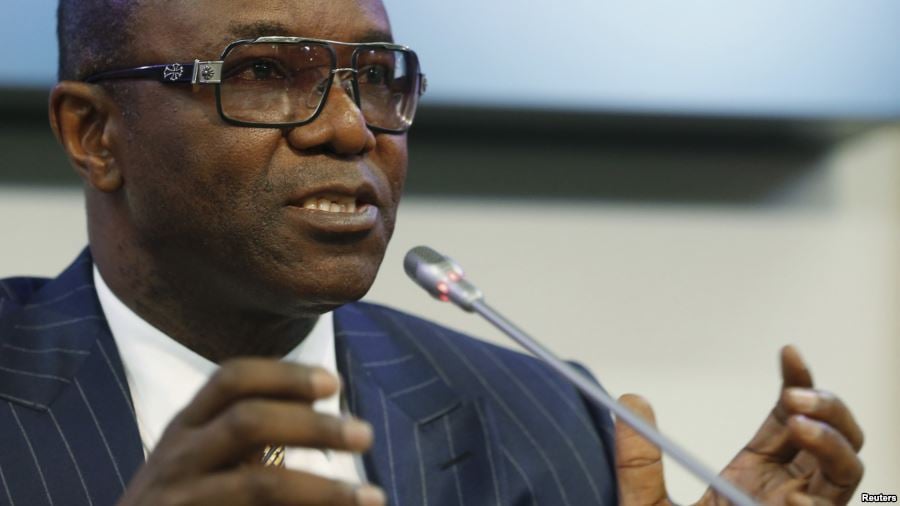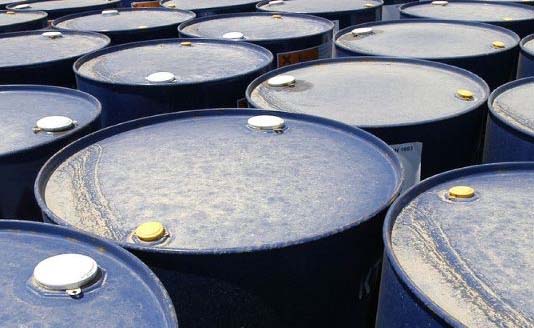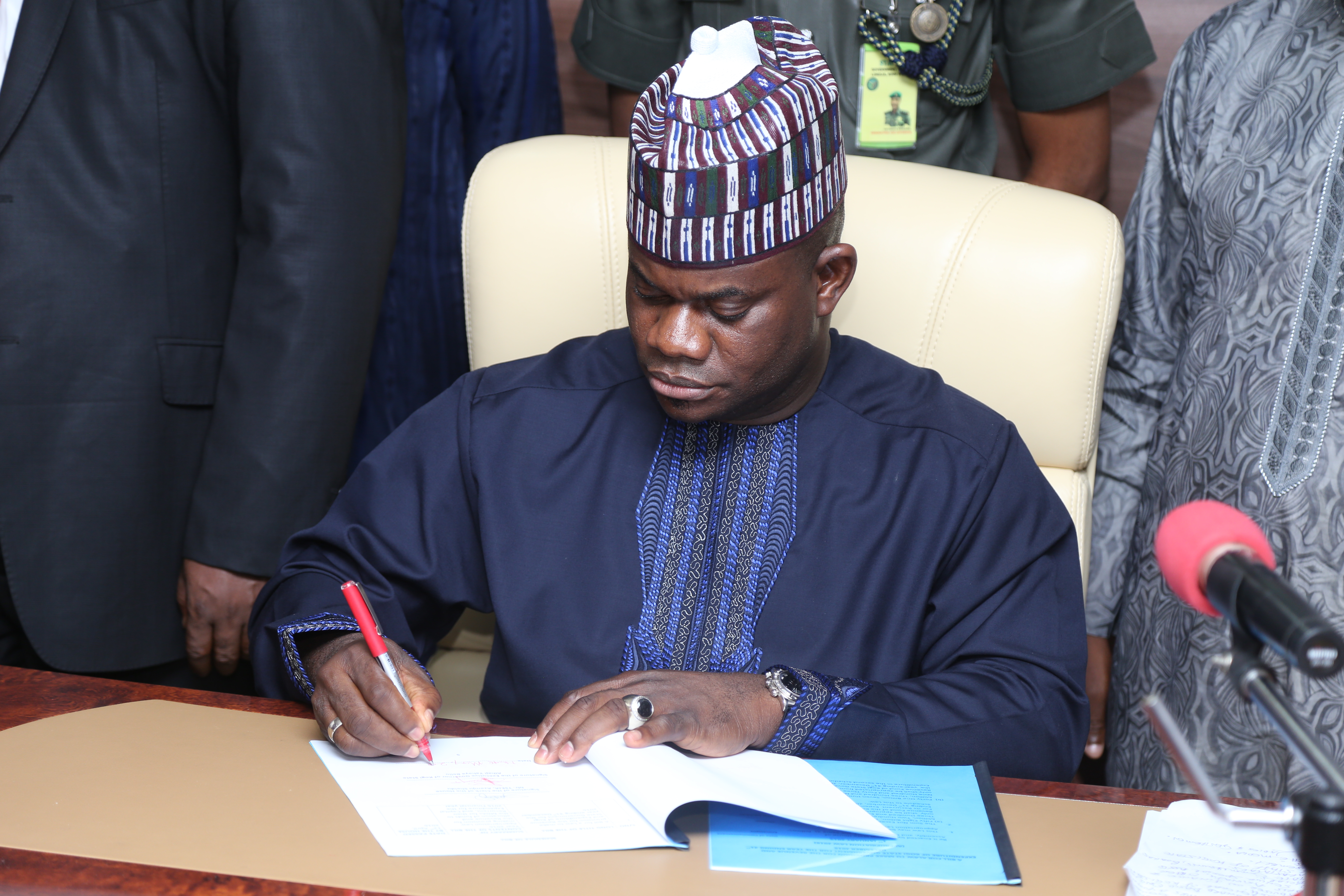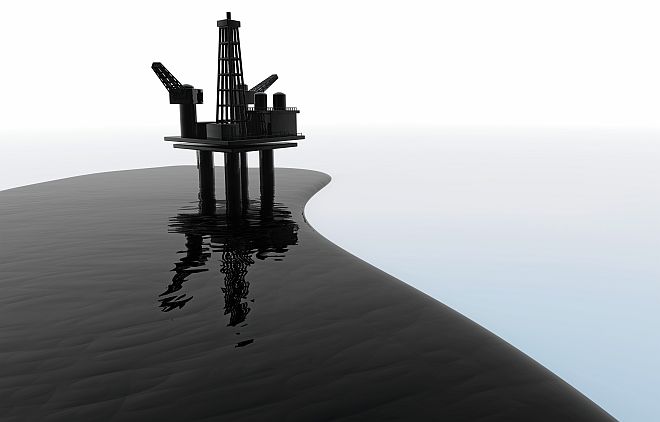Ibe Kachikwu, minister of state for petroleum resources, says Nigeria is looking at privatising its refineries with 12 months.
The minister, who doubles as the group managing director of Nigerian National Petroleum Corporation (NNPC), says his team is working with oil majors on improving the state-run refineries in Nigeria.
Kachikwu was quoted in the April bulletin of the Organisation of Petroleum Exporting Countries (OPEC) report to have said discussions are ongoing on how to partner Chevron, Total and ENI.
According to the report, Nigeria has “seen a growing dependency on fuel imports as a result of the underperformance of its refining plants in Port Harcourt, Warri and Kaduna”.
Advertisement
Kachikwu was quoted by Reuters as saying that Nigeria wanted to privatise the refineries within 12 months following the much-need maintenance work.
“We have gotten commitments from some of the majors. Agip has indicated interest to work with us on Port Harcourt, Chevron on Warri. We are talking to Total on Kaduna,” Kachikwu was quoted to have said.
Kachikwu added that even if the refineries in question performed to their optimum capacity, their production would still not meet local demand for petrol.
Advertisement
The minister pointed out that the design of the refineries had already created gaps in refining premium motor spirit (PMS) even if the refineries were to function at full capacity.
“The design of the Nigerian refineries was such that the component of PMS versus other products was almost a 50:50 per cent relationship. Most world refineries now provide PMS to about a 70 to 80 per cent ratio,” he sai.
“So, even if the refineries work as being designed today, they will still provide less than 50 per cent of what we consume in this country.”
He said the petroleum resources ministry was striving to utilize other sources of refining petrol while also depending on the coming on board of private refineries like the Dangote refinery.
Advertisement
He noted that the non-performance of the refineries was due to a number of factors, including fraud and lack of holistic maintenance. As a result of the long period of non-maintenance, a lot of components were ineffective.
“Over the last ten to 15 years, we have not done serious, conclusive turnaround maintenance of these refineries which average 30 to 40 years old and the equipment is dilapidated,” he said.
“We supply crude and they start for one day and then they shut down again because the CD unit has packed up. So, it is one thing after another.
“It is an ageing process and the right thing is that we need to holistically refurbish our refineries.”
Advertisement
However, Kachikwu was reported to have said that refineries never die, and as such the nation’s plants could be improved to work perfectly like others, adding that older refineries around the world were still functional.
“The answer is to spend time, put in the right financial resources required, the right skills and get those refineries working. That’s what we are focusing on now.”
Advertisement
Kachikwu said part of the restructuring that was done was to give the refineries some level of autonomy so that they could prioritise their problems, seek third-party funding and ensure the plants worked.
Advertisement
1 comments







Oga Minister,
Please talk to your President before you talk to the press next time. You are confusing even your supporters with too many inconsistent policy statements.